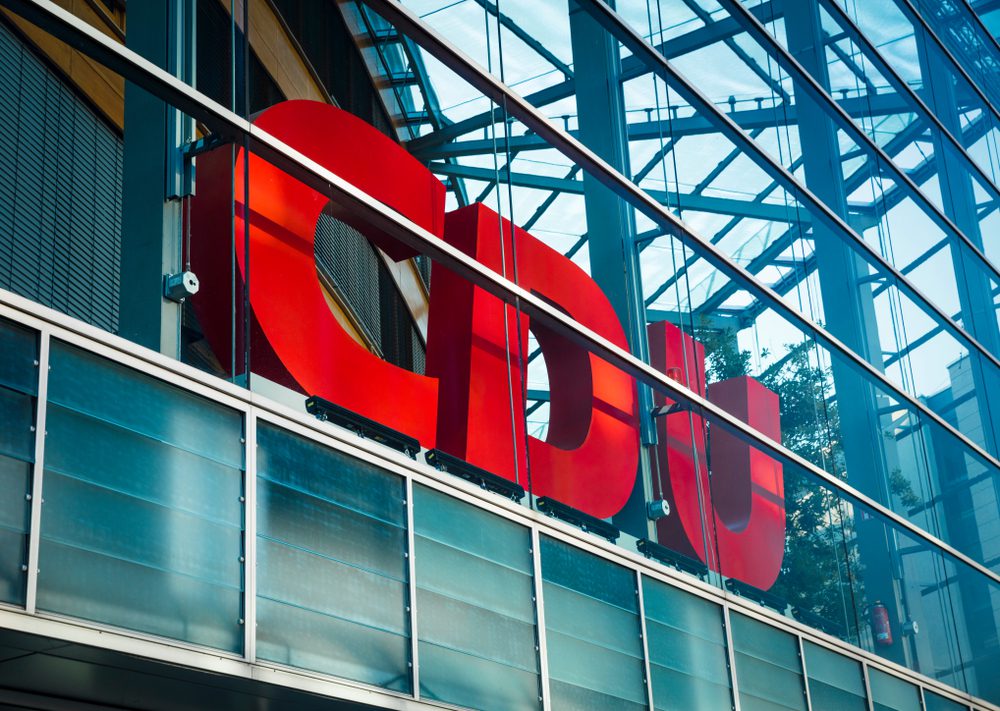
The continued rise of the populist AfD could be forcing a personnel change at the top of the centre-right CDU as the party’s secretary-general was replaced by a more conservative figure from the migration-critical wing of the party.
Carsten Linnemann—a Bundestag MP from North Rhine-Westphalia—will take up the influential role as the CDU’s general secretary, displacing a more progressive incumbent, Mario Czaja, to lead the CDU’s ruling committee.
Linnemann is known for his pro-business credentials and for being on the right of the CDU due to his opposition to same-sex marriage and cautionary stand against inviting schoolchildren who do not speak proficient German into the state education system.
He was nominated by the CDU’s leader, Friedrich Merz, as the traditionally strong Christian Democratic catch-all party grapples with the rise of populist challengers, the AfD, who have begun to eat into the party’s conservative base.
His appointment has been welcomed by right-wing factions within the CDU as he replaces Mario Czaja, a figure formerly close to Angela Merkel and firmly on the progressive spectrum of the party.
The change came as support for the AfD reached a new high this week at 22%, a mere 4% shy of the CDU. Such an ascent would have been unthinkable even two years ago and has prompted a noticeable rhetorical shift to the right by the CDU in response to matters of immigration.
Sonntagsfrage Ipsos zur Bundestagswahl • CDU/CSU 26 % | AfD 22 % | SPD 18 % | GRÜNE 14 % | FDP 7 % | DIE LINKE 5 % | Sonstige 8 %
— Wahlrecht.de (@Wahlrecht_de) July 12, 2023
➤ Übersicht: https://t.co/MO5RyMFkPu
➤ Verlauf Ipsos: https://t.co/9WMgpoYu4V pic.twitter.com/uYaQF10DjS
While the CDU categorically ruled out breaking the politically sacrosanct cordon sanitaire by cooperating with the AfD, party leader Friedrich Merz announced at a press conference this week that immigration would be the top concern for any CDU-led government and that current levels of migration represented the biggest threat to German society at present.
The CDU has dominated Germany for most of the post-war period including the chancellorship of Angela Merkel, infamous for her open-border response to the migrant crisis and frequently the object of blame for the rise of the AfD to begin with.
The economic impact of the war in Ukraine and neverending asylum crisis has contributed to the mainstreaming of the AfD over the past two years as approximately 800,000 refugees are expected to enter Germany this year alone.
At a European level, the CDU has been the loudest voice against alliances between the centre-right and populists in the EPP group as it attempts to pour cold water on any outreach to Meloni’s Fratelli Party. Across the EU, various formerly hegemonic Christian Democratic parties have been relegated to second and third place by populist challengers, with the CDU increasingly worried about how to navigate the changing political landscape.
